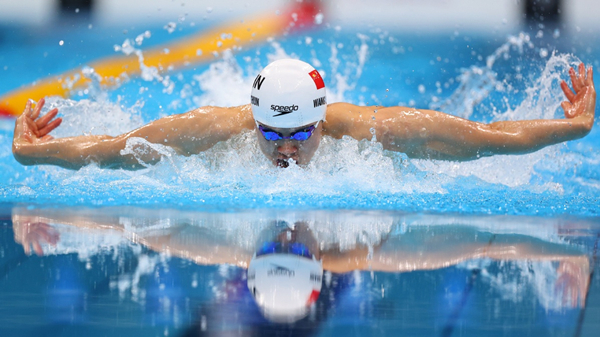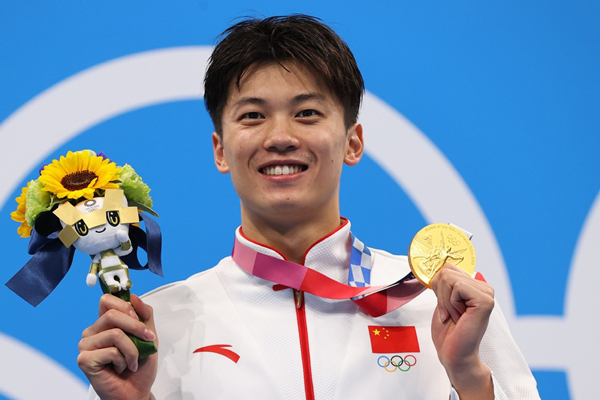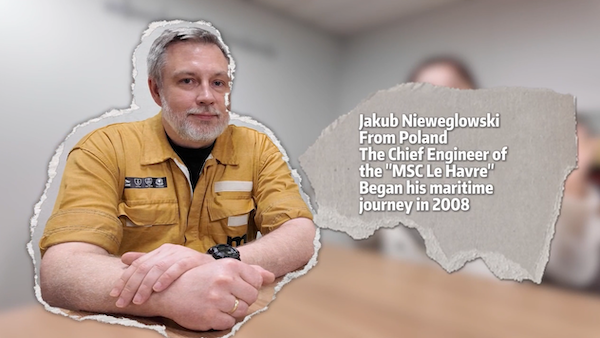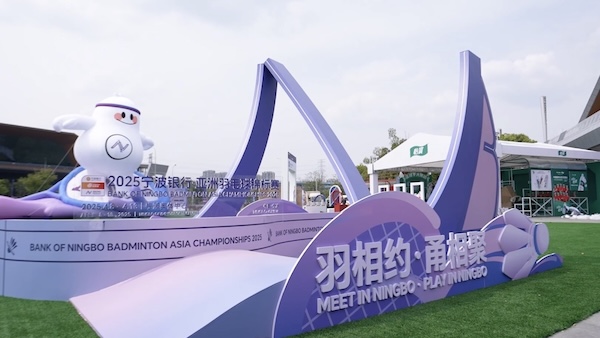From choppy waters to Olympic champ

Wang Shun powers down the lane at Tokyo 2020, where the 27-year-old became China's first Olympic champion in a men's individual medley event. AP
Tokyo 2020 hero Wang Shun reveals how years of struggles and setbacks turned him into a world-beater
Wang Shun's given name translates as 'smooth' or 'lucky', but the Olympic champion insists his career has been anything but.
There's no doubt, though, that these days Wang is an athlete on the up after winning 200m individual medley gold at Tokyo 2020. Now the late bloomer is eyeing more glory at next year's Asian Games and the 2024 Paris Olympics.
"Even though there are three years to go until Paris, my long-term goals are definitely the 2024 Olympics and the 2025 National Games. A short-term goal is the Asian Games next year," the 27-year-old told China Daily in a livestreamed interview on Weibo last week, which drew an audience of over 1.5 million.
"Right now I just want to finish one goal after another, and improve step by step.

Wang Shun. [Photo/Agencies]
"I only had a short two-week vacation after the National Games, and then I resumed training. I keep my usual schedule of two training sessions in the morning and afternoon each day. In the evening, my fitness coaches help me to relax."
A veteran of three Olympics, Wang's Tokyo gold has suddenly shone a much bigger spotlight on his career. Not only was the victory a huge personal milestone, it was also China's first Olympic men's IM title and saw him become only the second male Chinese swimmer to stand on the highest podium at the Games.
Wang failed to bag a medal in his Olympic debut at London 2012 and took bronze four years later in Rio. He says that finally seeing his years of hard graft pay off to yield the sport's ultimate prize feels "surreal".
"It's unbelievable for me. Before the medal ceremony in Tokyo, I pinched my arm to make sure it wasn't a dream," Wang said.
"The three Olympics were all very different for me. The 2012 Games were just like being there to have a try and experience the atmosphere. In Rio, many of my teammates reached the podium, so I really wanted to win too. And this year, I just wanted to surpass myself in Tokyo. My biggest rival was myself."
Wang followed up his Tokyo heroics with a six-gold haul at September's National Games in Xi'an, Shaanxi province.
He acknowledges that suddenly being a household name in China has placed extra pressure on his shoulders, but also considers his newfound fame motivation to achieve "better results in the future to repay the fans' support".
Tough times
By his own admission, Wang's journey to the top has been arduous.
"I've been through many tough times in my career. In 2019, for instance, my performances were not ideal and I was really upset at the time about this. I even thought about quitting. But my coach stuck with me and kept helping me improve, mentally and physically," Wang said.
"We set a goal for the Olympics and we tried the best we could to achieve it. Sometimes I thought about giving up during the grueling training sessions.
"I even thought about buying a train ticket to travel alone to Tibet to forget about everything. I wanted to go as far away as I could. But thankfully I did not give up.
"Then in June I injured my ankle, which forced me to quit training for two weeks. The recovery process was pretty tough. I was just thinking these setbacks won't stop me from trying to win Olympic gold."
Coach Zhu Zhigen has been key to instilling such resilience in Wang through the years. In a previous interview, the 64-year-old Zhu said that coaches should act like parents toward their pupils-a level of care he displays for Wang to this day.
"Before the final at the Tokyo Olympics, my coach guarded the door for me to ensure I slept well. There were 10 athletes in the room, and people were coming and going at different times," Wang revealed during the live chat.
"My coach just sat in front of my door to tell the other athletes to keep quiet. He thought I didn't know about it, but I was too excited and nervous to fall asleep. So I was aware of it all."
At 27, age is now a new challenge for Wang. He insists he feels as strong as ever in the water, but it takes him longer to recover from injuries and fatigue.
However, with Team China increasingly embracing scientific methods of training and support, he is confident he can remain competitive into his thirties.
Dreaming big
Recalling his childhood, Wang has fond memories of the moment that sparked his initial curiosity about swimming.
"The first time I got into the pool was with my father. It was summer, and I saw my father jump into the water, so I followed him," said Wang.
"It was really funny, because I didn't know how to swim. I remember I swallowed a lot of water, and then I saw an adult pop up out of the water, so I just reached for his head and sat on his shoulder."
As he began to train seriously, though, Wang often struggled to persevere with the long hours in the pool, and would sometimes sit in the locker room to avoid training. Now, with Olympic gold in his trophy cabinet, he is thankful he didn't throw in the towel.
"When I was younger, I dared to dream all kinds of dreams and set great goals. If a coach asked us, we wouldn't hesitate to say that we wanted to be Olympic champions," said Wang.
"But as we matured we encountered many setbacks and difficulties, and realized reaching the pinnacle of this sport would not be straightforward. I always like to share these experiences with the younger generation of swimmers.
"I tell them how I would spend an hour in the dressing room and how I would keep going through the tough times. I always encourage them to retain their love and passion for swimming. And by doing so, you gain a lot in your journey."

 Ningbo seabird project seeks international volunteers
Ningbo seabird project seeks international volunteers  Jakub's journey: From shipyard to sea
Jakub's journey: From shipyard to sea  Badminton Asia COO applauds Ningbo
Badminton Asia COO applauds Ningbo 


